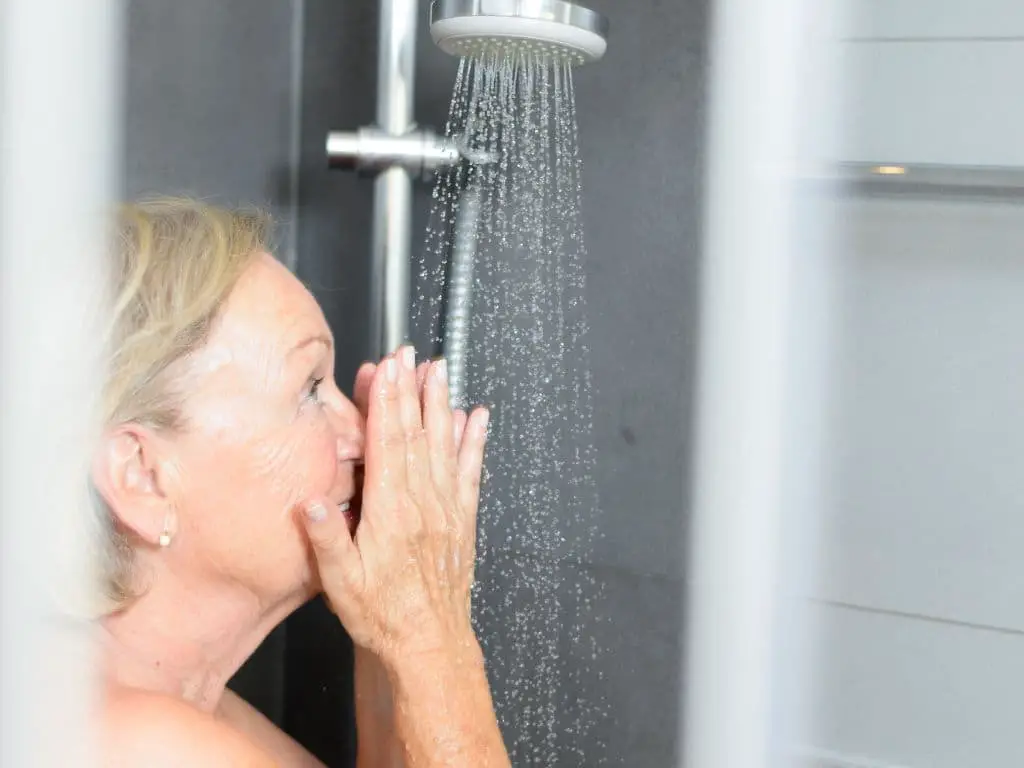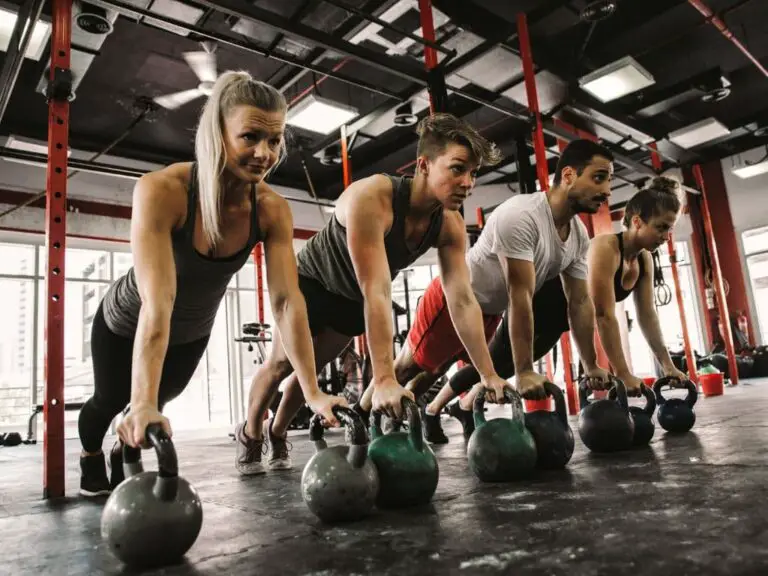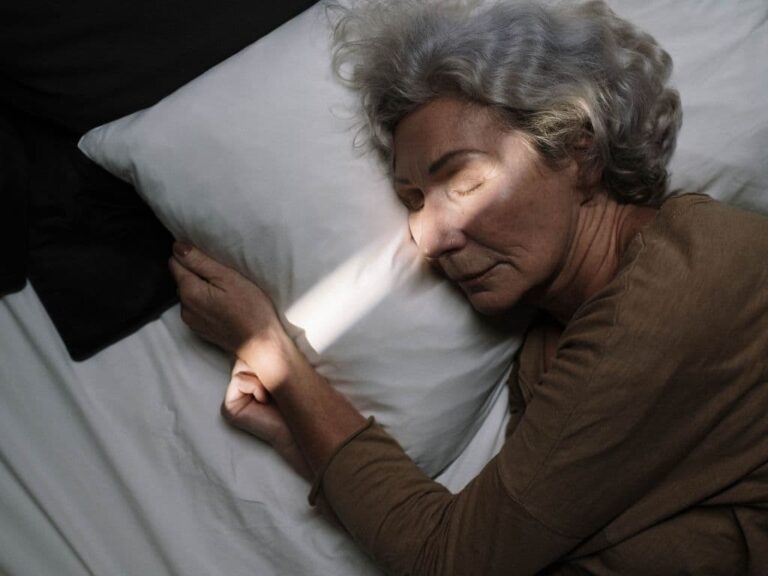Is It Good for a Woman to Shower Everyday?
Taking a shower is part of most people’s daily routine. But how often you need to shower depends on many factors. For senior women, finding the right showering frequency can promote skin health while also being practical and safe.
Is it good for a woman to shower everyday?
While daily showering is commonly recommended for most individuals, for women, particularly seniors, the ideal shower frequency can be influenced by factors such as their skin type, activity level, and mobility limitations. Dermatologists suggest that daily or every other day showers work for most, but may lead to dry and irritated skin in case of over-cleaning or sensitivity. Thus, while daily showers benefit in maintaining hygiene and skin health, they should be balanced with the risk factors to avoid dryness and promote overall skin wellbeing.

What is the frequency of showering?
Most dermatologists recommend showering once or twice a day. Showering more frequently than this can dry out your skin. Here are some common recommendations for showering frequency:
- Once a day – This is the most common recommendation for the average person. Showering daily helps remove dirt, sweat, and oils that build up on your skin.
- Twice a day – People who are very active or sweat a lot may want to shower twice a day. Areas like the underarms, feet and groin may need extra cleaning.
- Every other day – Showering every other day can be suitable for people with very dry skin. It allows your skin to retain more natural moisturizing oils.
- 2-3 times a week – Some experts suggest that showering a few times a week is sufficient for most people. But this may not be ideal if you have incontinence issues or mobility limitations.
The average shower lasts around 5 to 10 minutes. Limiting time in the shower can help conserve water and avoid drying out skin.
Why is it important to shower?
Showering regularly is important for several reasons:
- Hygiene – Washing away sweat, dirt, dead skin cells and bacteria helps prevent body odor and infections.
- Skin health – Hot water and soap can strip away natural oils. Frequent showering may dry and irritate sensitive skin.
- Mobility – Standing and washing with soap and shampoo requires a certain level of mobility and flexibility.
- Mental health – A refreshing shower can improve your mood, boost self-esteem and reduce anxiety.
- Social norms – Showering daily is expected in many cultures and social settings.
Finding the right balance is key. You want to shower frequently enough to feel clean but not so often that you dry out your skin.
What are the benefits of showering?
Regular showering provides both health and social benefits:
- Removes dirt, sweat and bacteria from your skin. This helps prevent body odor.
- Cleanses skin pores and washes away dead skin cells. This helps control acne.
- Hydrates skin by opening and unclogging pores.
- Stimulates blood circulation.
- Reduces stress and promotes relaxation.
- Boosts mental alertness.
- Improves sleep quality.
- Provides confidence and self-esteem.
- Adheres to social norms for cleanliness and grooming.
For seniors, a daily shower can also be a chance to monitor your body. You can check your skin for any new moles or changes. Showering also increases blood flow which can reduce risks like high blood pressure.
What are the risks of showering too often?
Frequent washing, especially with hot water, can damage skin. Some risks of showering too much include:
- Dryness – Excessive cleaning strips away protective oils leading to dry, itchy skin.
- Irritation – Soaps, shampoos and scrubs can cause skin inflammation and sensitivity.
- Cracking – When skin becomes very dry it can crack and split open, allowing infections.
- Eczema – Frequent hot showers irritate the skin and worsen eczema breakouts.
- Acne – For some people, over-washing triggers increased oil production and acne breakouts.
- Aging – Hot water and harsh soaps degrade collagen leading to wrinkles and sagging skin.
- Infections – Dry, cracked skin is vulnerable to bacteria and fungal infections.
- Falls – Increased time standing in a wet, slippery environment raises your fall risk.
- Hair damage – Over-washing strips natural hair oils leading to dry, brittle hair.
Some skin conditions like psoriasis and eczema require careful showering habits. Finding the right balance means getting clean while avoiding dryness and irritation.
Factors that affect showering frequency
How often you need to shower depends on your unique situation. Things that can impact ideal showering frequency include:
Skin health
- Dry skin – Requires less frequent showering, such as every 2 days. Moisturize after bathing.
- Oily skin – Can tolerate daily showers. Use gentle cleansers to avoid producing more oil.
- Sensitive skin – Needs showers every 2-3 days using warm, not hot, water and mild soaps.
Mobility
- Difficulty walking or standing – May require a shower chair, grab bars, hand-held shower or sponge baths.
- Dementia – Impaired memory or judgement may mean needing bathing assistance.
Activity level
- Active people – Require more regular cleansing of sweat and body soils. But skin may need extra moisture.
- Sedentary people – May tolerate less frequent bathing like every 2 days.
Environment
- Hot and humid weather – Can cause increased sweating requiring more frequent showers.
- Hard water – Can dry skin so use moisturizers and limit shower time.
| Factor | More Frequent | Less Frequent |
|---|---|---|
| Dry skin | X | |
| Oily skin | X | |
| Sensitive skin | X | |
| Mobility difficulties | X | |
| Active lifestyle | X | |
| Sedentary lifestyle | X | |
| Hot, humid climate | X |
How to find the right showering frequency
Finding the ideal showering routine involves experimenting to see what works for your needs. Here are some tips:
- Observe how your skin responds to daily, every other day, or less frequent showers. Gauge if it becomes flaky, irritated, too oily or uncomfortable.
- Smell your skin to check if unpleasant body odor develops between showers. You may need to shower more if smell develops.
- Ask your dermatologist for guidance based on your skin type and any skin conditions. Seek advice at your annual checkup.
- Try alternating depths like a full shower one day then just washing key spots the next. This can provide cleanliness while limiting drying.
- Track different frequencies in a journal to help choose an optimal routine. Note skin comfort, moisture and appearance.
- Be willing to experiment and adjust based on season, activities, skin needs and overall comfort.
Tips for showering as a senior woman
As we age, showering brings unique challenges. Here are some tips to stay safe and comfortable:
- Use a mild soap and shampoo that won’t strip oils or irritate sensitive skin. Try fragrance-free, moisturizing cleansers.
- Avoid using very hot water as this can aggravate dry skin. Warm water still cleans effectively.
- Limit shower time to 5-10 minutes to minimize drying out skin. Set a timer as a reminder.
- Moisturize your skin well when you get out of the shower, while skin is still damp, to seal in moisture.
- Use bath mats and shower chairs to avoid falls on wet, slippery surfaces. Install grab bars for stability.
- Consider a hand-held showerhead for targeted cleaning if mobility is limited. Or try a sponge bath.
- Ask for help from a caregiver if impaired mobility or dementia makes showering difficult or unsafe.
- Check skin thoroughly during bathing for any concerning changes or irregular spots.
Conclusion
Finding the right showering frequency involves balancing skin health, personal habits, and safety. Most dermatologists recommend daily or every other day showers. But individual factors like skin sensitivity, mobility limitations, and climate can all impact your ideal routine. Experiment to find a schedule that keeps you clean while avoiding dryness or irritation. If you have concerns, ask your doctor or dermatologist for advice on the best approach. Be willing to adjust your showering frequency as seasons, skin needs and abilities change.
Frequently Asked Questions
-
What is the purpose of a Medicare wellness visit?
An Annual Wellness Visit (AWV), a one-year appointment with your PCP to update or create a personal prevention plan, is called an annual wellness visit (AWV). Based on your risk factors and current health, this plan can help to prevent illness.
-
How many times a day should a woman shower?
Although it may seem counterproductive, a daily shower could prove to be harmful for your skin. A shower should be taken no more than once a week, and not every day. A lot of people take a shower every day.
-
Does Medicare require memory tests?
Medicare’s annual wellness visits and cognitive screening are both part of the effort to detect dementia early. They have been in place since 2011.
-
How long does alcohol stay in your system?
A half-life for alcohol is between four and five hours. Half-life refers to how long it takes your body for half the alcohol to be eliminated. To get rid completely of alcohol, you will need five half-lives. It takes approximately 25 hours to get rid of all alcohol.
-
What’s the difference between a wellness check and a physical?
Your doctor will conduct a physical examination to determine the cause of your problem and recommend what steps should be taken. You want to feel healthy, happy and well. Your doctor will conduct a wellness exam to help you understand your health status and the best ways to support it.
-
Should a woman take a shower everyday?
Experts suggest showering at least once per week, unless you’re very dirty, sweaty or otherwise need to. A short shower lasting three to four minutes with an emphasis on your armpits or groin might be sufficient.
-
Do you have to take your socks off at a physical?
According to the American Heart Association, putting your feet up at your next appointment could reduce your chance of developing a severe medical condition known as peripheral artery disease. Over 8.5 million Americans are suffering from PAD. Many don’t even know it.
-
What is the 8-foot up and go test?
Rikli and Jones created the 8-foot up and go test. It measures speed, agility, power and dynamic balance. This test requires you to get out of your chair and walk 8ft to and around the cone. Then, return to the chair as quickly and efficiently as possible.
-
What do they check during a physical?
The elements of a physical exam It measures vital indicators like temperature and blood pressure and then evaluates the body through observation, palpitation and percussion. You can use instruments to examine your eyes, ears and nose.
-
Do you have to undress for a wellness exam?
Yul D. says, “The annual wellness appointment can be done without the patient having to change their clothes. That is the solution.”
-
Does Medicare pay 100 of hospital bills?
The Centers for Medicare & Medicaid Services (CMS) estimates that Medicare covers more than 60,000,000 people. While Medicare pays for most of the medically required inpatient or outpatient medical expenses, Medicare reimbursement may not cover 100%.
-
How often should a 75 year old woman have a Pap smear?
Medicare Part B pays for a Pap smear every 24 months. For women with high-risk status, the test might be covered one time every twelve months. A breast and pelvic exam will be done by your doctor at the same visit.
-
Can your doctor tell if you drink alcohol?
Your doctor will use a needle in order to draw blood from you arm. Then, he or she will measure how much alcohol is present. Blood samples are not required for any other alcohol tests, such as a breath test or urine test. All of these tests have the same purpose: To determine how much alcohol you have in your system.
-
How often should a woman take a shower?
A majority of doctors agree that a shower every day is sufficient for most people. A daily shower can cause skin issues. For many, however, two to three times per week may suffice and be sufficient to keep good health.
-
Does Medicare pay for a physical every year?
Medicare does not pay for the type of comprehensive exam that most people think of as a physical. It does however cover both a Welcome to Medicare checkup in your first year of Part B enrollment and an annual wellness appointment that will help you keep track your health.






